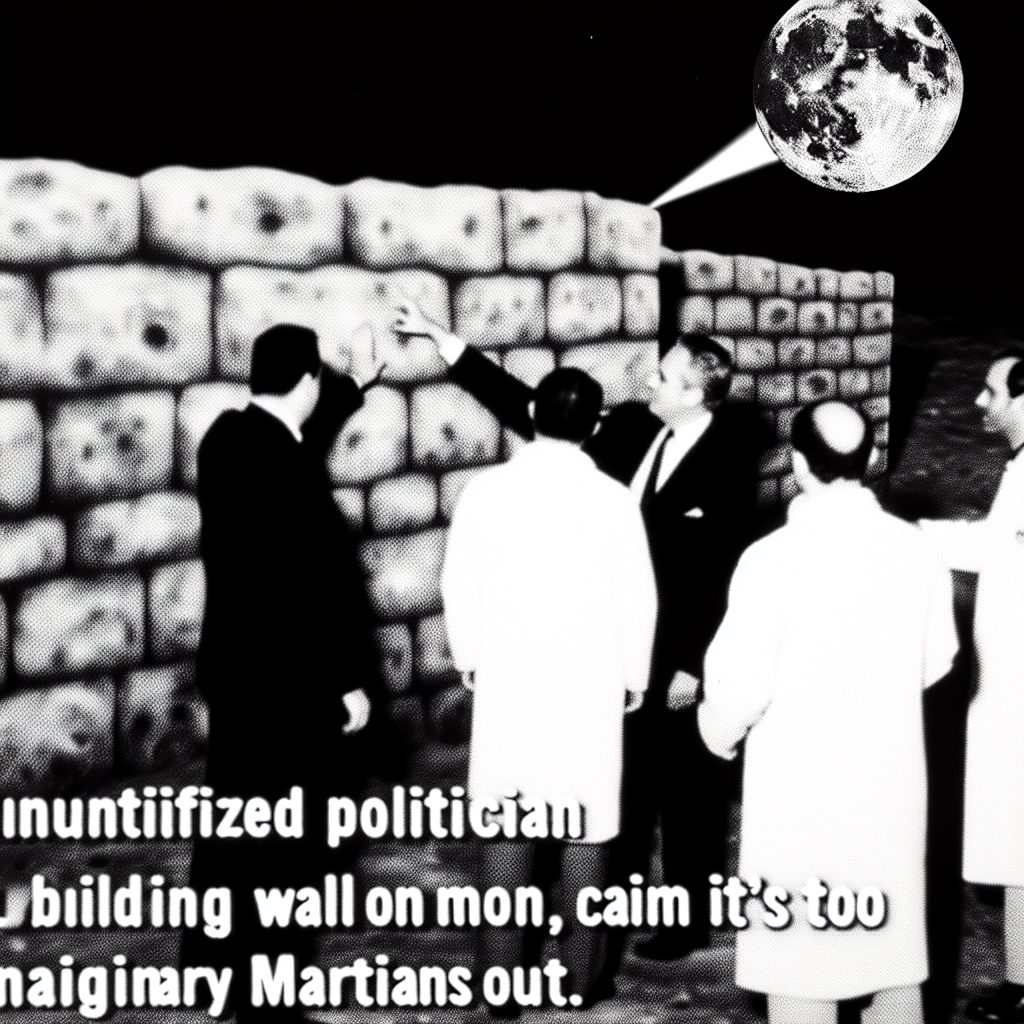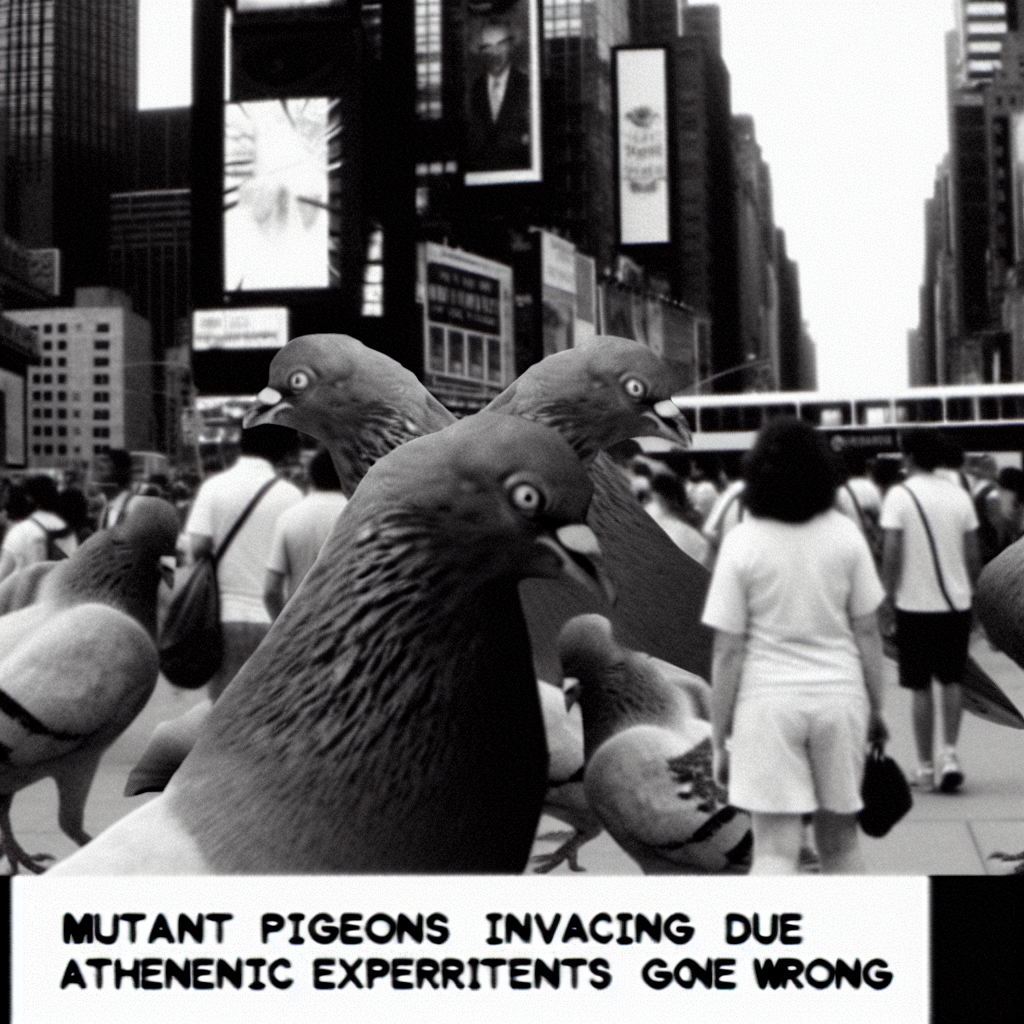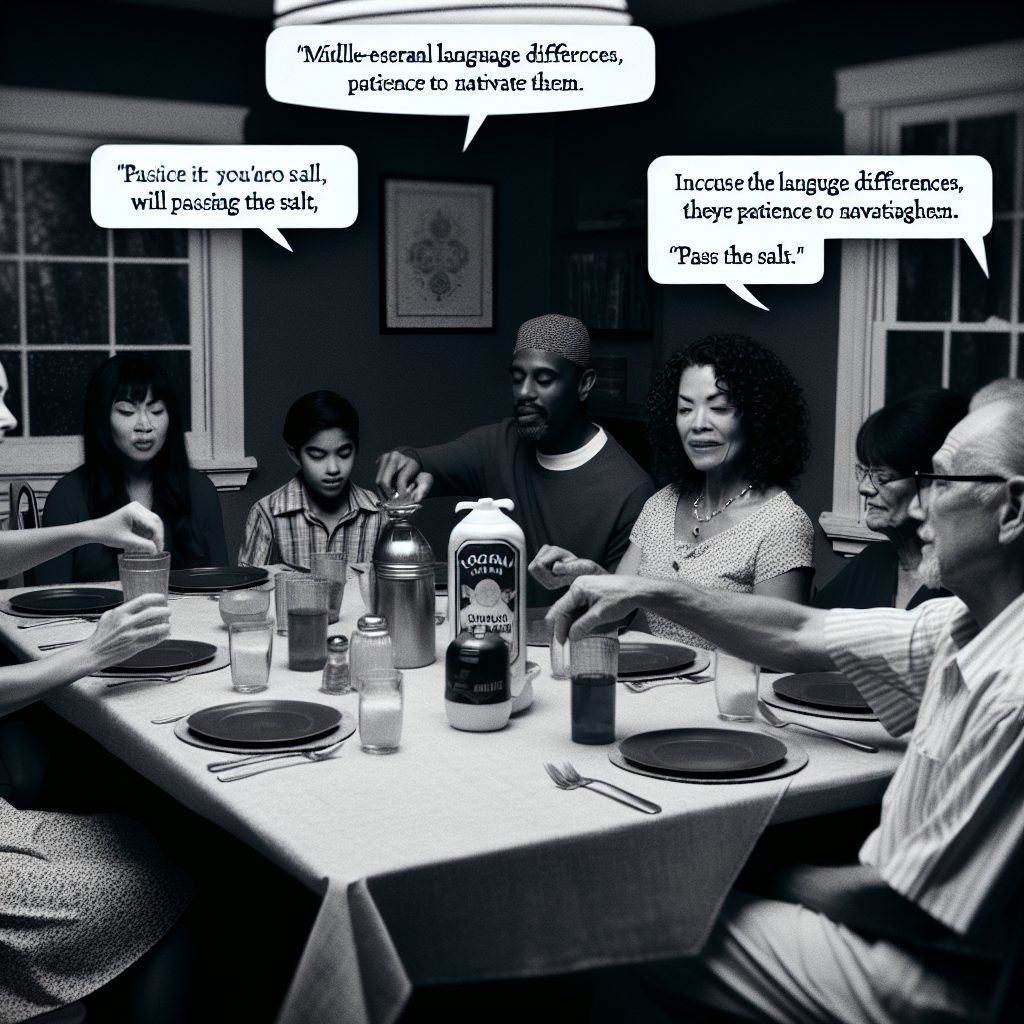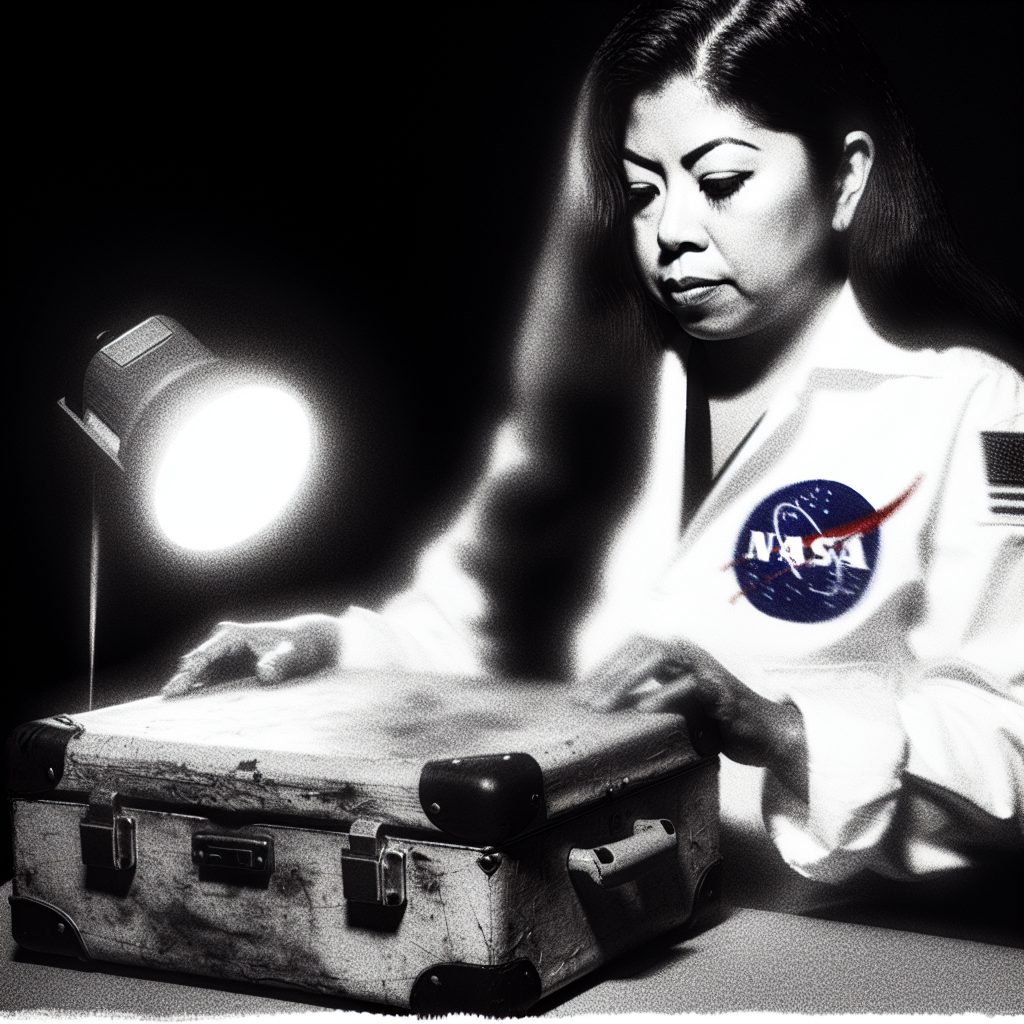At This Dinner Table, “Pass the Salt” Has Six Subtitles
A multilingual family proves patience beats any phrasebook.
BABEL SPRINGS, NEBRASKA – What government linguists don’t want you to know is happening right now in a modest ranch house on Elm Street, where the Kowalski-Chen-Rodriguez-O’Brien family has inadvertently created the world’s most complex dinner conversation – and international intelligence agencies are taking notice.
Every evening at 6 PM sharp, eight-year-old Maria must navigate a linguistic minefield just to season her mashed potatoes. When she asks for salt in English, her Polish grandmother Babcia responds in rapid Polish, triggering her Mandarin-speaking stepfather to offer clarification in Chinese, while her Irish uncle pipes up with Gaelic commentary, her Mexican aunt adds Spanish instructions, and her deaf cousin responds in American Sign Language.
“What starts as a simple request becomes this beautiful, chaotic symphony of human communication,” reveals Dr. Helena Voss, a covert linguistics specialist who has been monitoring the family under the guise of a “neighborhood watch volunteer.” “But what’s really happening here defies everything we thought we knew about multilingual household dynamics.”
The phenomenon began three years ago when widow Patricia O’Brien married divorced father Li Chen, creating an instant family that spans five continents and seven languages. But according to classified documents leaked by a former Department of Education insider, this wasn’t just a coincidence – it’s part of a larger pattern emerging across America.
“The government has been tracking these ‘super-families’ for months,” whispers longtime family friend and eyewitness Gerald Kowalski, Patricia’s brother-in-law. “Men in dark suits with earpieces have been parked outside their house, recording dinner conversations through high-tech listening devices. They claim it’s for ‘cultural research,’ but we all know better.”
The family’s dinner table has become ground zero for what experts are calling “spontaneous polyglottal evolution.” When young Maria asks for salt, the request triggers a domino effect: Babcia shouts “Sól!” while gesturing wildly, Li responds with “Yán!” while reaching across the table, Uncle Seamus mutters “Salann” under his breath, Aunt Carmen calls out “Sal!” from the kitchen, cousin Jamie signs rapidly, and baby Timothy contributes enthusiastic gibberish that somehow everyone understands.
But here’s where it gets disturbing: the family has developed their own hybrid communication system that linguists say shouldn’t be possible.
“They’ve created micro-languages within languages,” Dr. Voss explains nervously, glancing over her shoulder. “Maria now instinctively knows that when Babcia says ‘Sól!’ with her left eyebrow raised, she means the sea salt, but when she uses her right eyebrow, it’s the table salt. The child has unconsciously catalogued seventeen different variations of salt requests across six languages plus regional dialects and generational speech patterns.”
The implications are staggering. Intelligence agencies reportedly believe the Kowalski-Chen-Rodriguez-O’Brien dinner table represents a breakthrough in human communication evolution that could revolutionize international diplomacy – or completely destabilize it.
Government food safety inspectors have visited the home twelve times in six months, each time focusing inexplicably on the salt and pepper shakers. Local utility workers have been “upgrading” power lines outside their house weekly. And don’t even ask about the mysterious food delivery drivers who never seem to actually deliver food.
“They’re studying us like lab rats,” Gerald whispers, checking his surroundings. “But what they don’t understand is that this family isn’t creating chaos – they’re creating harmony. Every night, despite the linguistic confusion, everyone gets fed, everyone feels heard, and somehow, miraculously, the salt always reaches the person who needs it.”
The family remains unaware of the international attention their dinner conversations have generated, continuing their nightly ritual of beautiful, bewildering multilingual communion while shadowy figures monitor their every word.
Here are useful everyday sentences in the family’s invented tongue, with quick English:
-
Tingoye, dinnáil! — Attention, dinner assembly!
-
Ándalith! — Let’s eat / everyone to the table!
-
Pashplis salyán-L (L-brow). — Please pass the sea salt.
-
Pashplis salyán-R (R-brow). — Please pass the table salt.
-
Pashplis piebar. — Please pass the pepper.
-
Pashplis shuivoda. — Please pass the water.
-
Dzięxie! — Thanks!
-
Przemian… — Sorry / excuse me (squeezing past).
-
Yagou salyán. — Enough salt.
-
Yagou, dzięxie. — That’s plenty, thank you.
-
Yagou↗ — Is that enough?
-
Pashplis salyán, yagou piebar. — Pass the salt, that’s enough pepper.
-
Tingoye—pashplis shuivoda for Maria. — Heads up—please pass water to Maria.
-
Ándalith in (two fingers). — Dinner in two minutes.
-
Przemian; pashplis salyán-L [tap twice]. — Sorry; sea salt please (urgent).
-
Dzięxie, we’re dinnáil. — Thanks, we’re all here (roll call complete).
Pattern cheat-sheet:
-
pashplis + item = please pass (item).
-
salyán-L / salyán-R = sea/table salt (use left/right eyebrow cue).
-
yagou (+ item) = enough (of item) / that’s plenty.
-
tingoye = attention / listen up.
-
ándalith = let’s eat / hurry up to the table.
The characters and events depicted in this story are entirely fictitious. Any similarity to real persons, living or dead, or to actual events is unintentional and purely coincidental.









